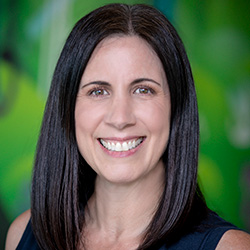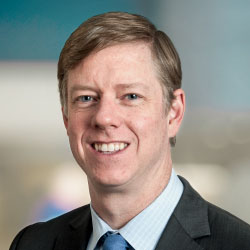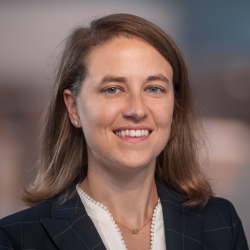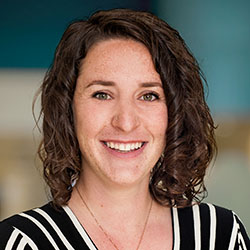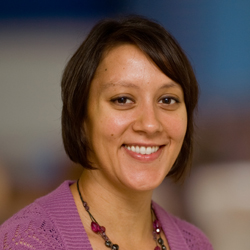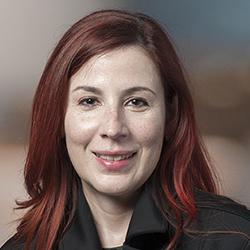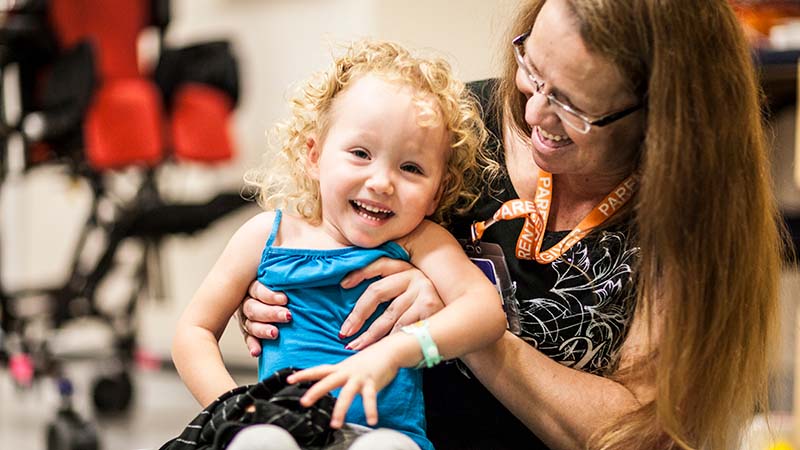Tone Management Program
Seattle Children’s Tone Management Program works to improve the mobility and comfort of babies, children and adolescents with muscle tone problems (spasticity or dystonia). We assess and treat children with conditions like cerebral palsy (CP), spinal cord injury and traumatic brain injury, which can cause problems with muscle tone control.
How will the Tone Management Program meet my child's needs?
Our experts provide a full range of therapy, medicines, surgery and other options to better control muscle tone and help your child with function as well as comfort. Seattle Children’s is the only children’s hospital in the Pacific Northwest to offer selective dorsal rhizotomy (SDR) to relieve spasticity.
Read how we treat children with muscle tone problems caused by dystonia and cerebral palsy.
Team approach to give your child complete care
- Specialists from Neurosurgery, Orthopedics, Rehabilitation Medicine, Occupational Therapy and Physical Therapy work together in the Tone Management Program to assess your child’s unique needs and consider all the treatment options.
- We design a custom plan for your child, combining treatments and carefully timing them to get the best results.
- We involve and partner with any experts your child needs, both at Seattle Children’s and in the community. Our team works closely with Seattle Children’s specialists in neurodevelopment, orthopedics, neurology, neurosurgery, urology and pulmonary.
- Close coordination among team members means your child gets comprehensive care and the process is easier on your family.
Our surgical expertise is unmatched
- Seattle Children’s is the only pediatric hospital in the Pacific Northwest to offer selective dorsal rhizotomy (SDR)as well as intrathecal baclofen (ITB) pump implants (PDF) for children who need neurosurgery to ease spasticity.
- For nonmobile children with severe spasticity or dystonia, we offer innovative surgical options to reduce their pain and make it easier to provide daily care.
- If your child might benefit from neurosurgery, we bring together all team members to assess your child in just 1 or 2 days. Often, we recommend a care plan before you leave. The same team plans and performs your child’s procedure and provides follow-up care.
- Our orthopedic surgeons perform surgeries to address problems caused by high tone. These include single-event multilevel surgery (SEMLS) and surgery to release shortened muscles in the hand and arm that restrict movement.
- To help your child get the most benefit from surgery, our rehabilitation doctors, occupational therapists and physical therapists design and provide therapy tailored to your child. This includes intensive rehab if your child has had SDR or SEMLS.
Learn about SDR, with videos showing how it’s done at Seattle Children’s and how inpatient rehabilitation after surgery makes such a difference for kids like Arabelle.
Improving tone without surgery
- Many children we see in the Tone Management Program do not need surgery. We help them manage their spasticity with a range of other options.
- Our Rehabilitation Medicine experts provide medicines taken by mouth as well as injections of Botox (botulinum toxin) and phenol to reduce spasticity and control dystonia.
- Physical and occupational therapy may stretch your child’s muscles and tendons to improve range of motion and function. Our therapists have special training and skills for managing movement disorders.
- Orthotics and bracing can support your child’s body or help them move.
- We may recommend changes to your child’s wheelchair or other equipment. Seattle Children’s has seating and equipment specialists to help with this.
Who’s on the Tone Management team?
Neurosurgeons, orthopedic surgeons, rehabilitation doctors and other rehab experts see children in the Tone Management Program.
Providers in the program include:
Teams
Orthopedic surgeons
Rehabilitation doctors and APPs
Physical and occupational therapists
-
Connie Leibow, MPT, PCS
-
Katherine Rahn, OTR/L
-
Marina Stoermer, MA, OTR/L
Scheduling an Appointment With the Tone Management Program
- Call Rehabilitation Medicine at 206-987-2114, option 2, to schedule an appointment. You do not need a referral form your medical provider.
- For questions about our Surgical Tone Management Clinic or to request an evaluation, you can contact the program manager at 206-987-5917 or by email.
- How to schedule an appointment at Seattle Children’s.
- Learn about Rehabilitation Medicine resources such as useful links, videos and recommended reading for you and your family.
What to Bring to a Tone Management Program Visit
- Shorts for your child to wear during the exam so we can see their knees
- Braces/Orthotics that are currently worn, too small or poor fitting
- Gait aides like arm crutches, canes and walkers
- Wheelchair (manual or power)
Telemedicine at Seattle Children’s
You may be offered a telehealth (virtual) appointment. Learn more.
Contact Us
For questions about our Surgical Tone Management Clinic or to request an evaluation, contact the program manager at 206-987-5917 or by email.
Call Rehabilitation Medicine at 206-987-2114, option 2, to schedule an appointment.
Providers: See the Rehabilitation Medicine Clinic referral guidelines and resources or call us at 206-987-5917
Paying for Care
Learn about paying for care at Seattle Children’s, including insurance coverage, billing and financial assistance.
